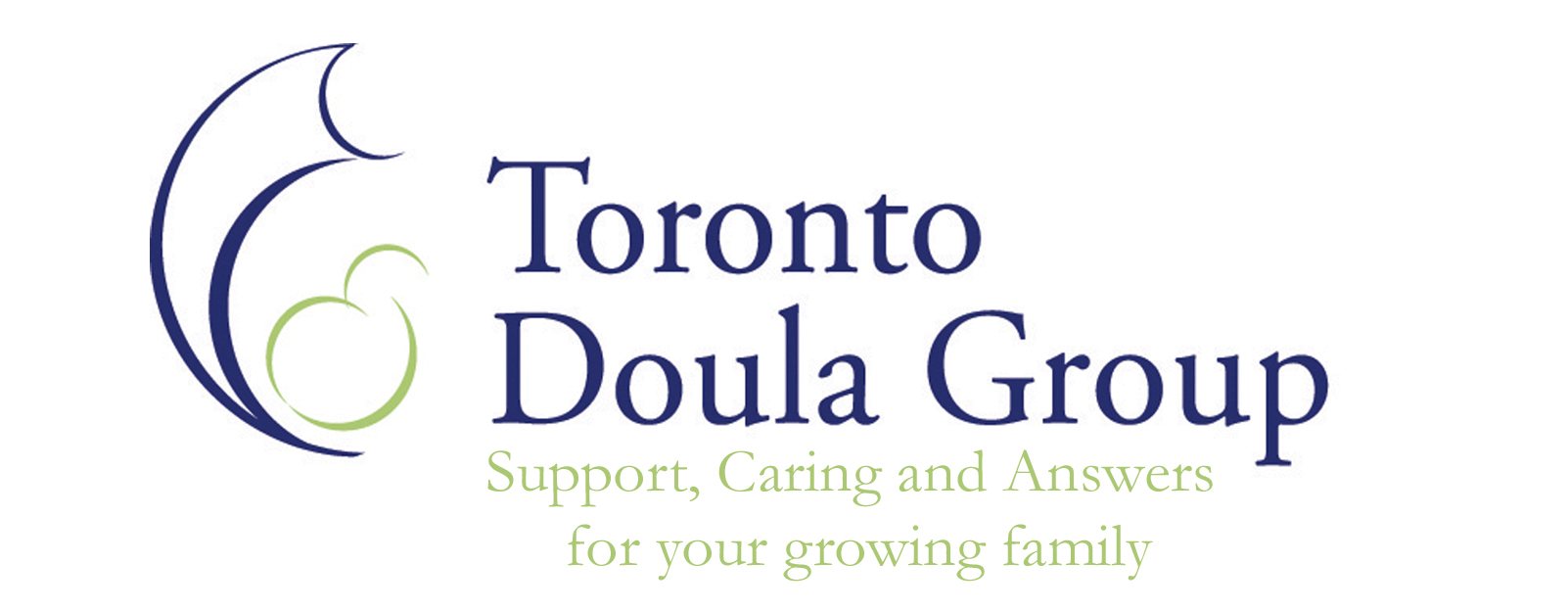First Few Days Of Infant Feeding
- Kimberley Fernandez
- Jul 24, 2024
- 4 min read

I recently read a post on Threads (Feel free to follow) where a new parent was very excited that her newborn slept 12 hours the first night after birth. The responses were mixed from this and the post went viral to say the least. The variety of responses ranged from "That's awesome, my baby did the same thing." to "That's incredibly dangerous, your baby could have died." And several more neutral options in between. I personally tried to offer evidence based information and advice and got lots of likes and a fair amount of hate. Because, well, Social Media is a nightmare at best. So I thought I would lay out my thoughts here to make it easier to good information that is balanced and healthy for you and baby.
Immediately after birth, you should try to latch baby on in the first hour, or 2nd hour if you have had a surgical birth. This does a couple of things. Firstly, it starts the bonding process with your baby. The skin to skin they will get during these feeding attempts will release oxytocin in your and baby and help calm the transition for baby from life on the inside to life on the outside. I have an entire article on Skin To Skin to catch you up on the other amazing benefits. Secondly it will help get your colostrum (the first milk you have) flowing and get you some support in latching baby while you are learning to infant feed baby from your body.
During the next 24 - 48 hours while you are in the hospital, I recommend, that you try to feed baby every 2.5 to 3 hours. So wake baby up as best you can and latch baby. Again, while you are in hospital, you will have the nurses support to help get feeding going well. And again, baby will be getting colostrum. During these first few days, colostrum is vitally important to help baby not lose too much weight and also push out the bilirubin which can cause jaundice and require treatment if it gets too high. I have an entire article on the awesomeness of colostrum which I encourage you to check out.
Once you get home, after 24-48 hours of being in the hospital, you are now on your own. And if you have not been even attempting to feed baby while you were surrounded by support to ask questions, you might be a little lost now that you are home with baby. This can seriously undermind your confidence in feeding baby from your body, result in slower weight gains, risk of jaundice and possibly lead you to need to supplement with formula, which may not have been part of your plan and can be difficult to get back to exclusive breastfeeding.
Day Three to Four, is when your colostrum will transition to your mature milk. However, if you have been delaying feeding or have not fed baby for large chunks of time, such as letting baby sleep for 12 hours, then your mature milk might be delayed in coming in. Baby feeding will trigger your body to bring in your mature milk. And once your mature milk is in, you can stop waking baby to feed. You can let baby sleep for longer periods if they will and if their weight is not an issue. In theory, baby's will wake every three hours to feed, and this is normal newborn behaviour.
Now, having said all that, if you are chosing not to feed baby from your body, if your are choosing to formula feed, you still need to feed baby more frequently in the first 24-48 hours, because of the risk of weight loss and jaundice. It doesn't necessarily have to be every 2.5 hours, you can let them sleep a little longer, but they should not be going 12 hours between feeds. Not until they are at least 6 months old.
During this viral thread, the original poster, updated it to add that the hospital said it was perfectly fine. This is a huge red flag and I question the medical professionals who said that was okay. Given the risk of weight loss and seriousness of jaundice, that was a risk I think was too great to take. I am non-medical, and I don't know the situation around the birth or baby's health, but I think it's important to know, that this situation is not normal and shouldn't been seen as normal. And given the insane reach of this post, 1.1K likes and 442 comments, my biggest concern with this post, was multiple people seeing it and thinking it's normal and putting their babies at risk and ending up with serious complications from jaundice and disrupted breastfeeding that can make the goal of exclusive breastfeeding much more difficult to obtain.
Well, those are my thoughts on this situation and I hope you found it benefical. Ultimately it's best to follow the advice from medical professionals, but it's okay to ask them questions if the advice feels off or goes against what you've traditionally seen or heard.









































Comments